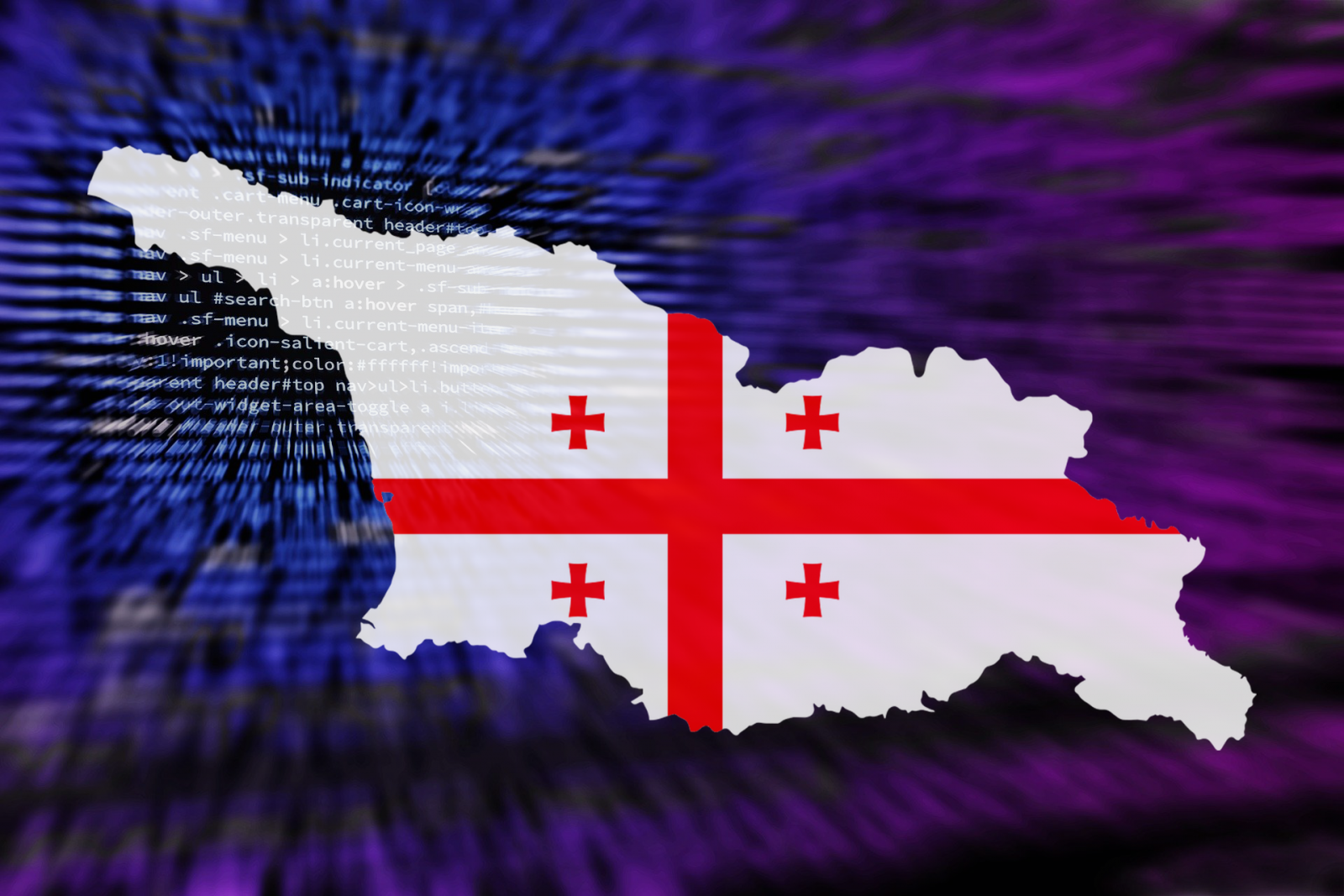
As Georgia approaches its parliamentary elections on October 31, 2020, NDI partners are hard at work creating an environment that will ensure all Georgians have access to accurate information necessary for a free and equal election environment. To protect digital space, civil society leaders from Georgia are monitoring social media and working to increase transparency prior to the elections.
Internet penetration has doubled in Georgia in the past six years, and with that change has come an increased attention from actors intent on undermining Georgia’s democratic future. Georgia is on the front lines of Kremlin soft and sharp-power efforts to deny citizens’ democratic and pro-Western aspirations. Domestically, actors taking advantage of the situation for their own short term gains amplify these threats, which are transmitted through online and offline channels. Information manipulation in Georgia is omnipresent, but it escalates around elections, when political stakes are particularly high. Reliable, authentic information is critical to transparent, accountable governance and to citizens’ ability to exercise their civic rights and responsibilities. If not combatted effectively, these attacks could cripple Georgia’s democratic trajectory.
With only a few months to go before the elections, the International Society for Fair Elections and Democracy (ISFED), a Georgian organization NDI helped incubate and continues to partner with, joined 47 other Georgian civil society organizations to take matters into their own hands. They reached out to Facebook with specific requests such as making the Facebook Ad Library available, prohibiting ads from foreign countries and to ask for assistance in identifying coordinated inauthentic behavior. Some of the steps the civil society organizations urged the platform to take were already under way. Facebook announced the Ad Library would be launched in August. “This represents a large step forward in increasing the transparency around advertisements in Georgia's election. We hope that through joint efforts it will be possible to protect the election environment from information manipulation in social media,” says Nino Rizhamadze, ISFED’s chief lawyer and head of social media monitoring program. In fact, with ISFED's help and reporting, Facebook identified "coordinated inauthentic behavior" as the network calls online manipulation, in April 2020 and took down two major networks in Georgia spreading inauthentic content.
The communication between Facebook and ISFED resulted in quick action that was targeted and specific and will make a tremendous difference in the reliability of information in the lead up to the election. In addition, such dialogue will increase the ability of organizations in Georgia to quickly identify problems they see and to strengthen Facebook’s understanding of the unique challenges faced in Georgia and the region. The effort is a continuation of ISFED’s social media monitoring work which started during the 2018 elections and has continued since those elections.
The cooperative effort between Georgian civil society organizations and Facebook exemplifies work NDI is supporting all over the world. Multiple programs in every region of the world address the challenges of creating a safe digital environment for political participation. This work is strengthened through NDI’s sustained dialogue with technology partners such as Facebook through the Design 4 Democracy (D4D) Coalition. Technology designed in Silicon Valley can often be blind to the on-the-ground impacts—both positive and negative—it has around the world. D4D works to fix that. Through a sustained dialogue, tech companies learn more about the challenges facing democracies directly from our partners around the world. As those companies work to make their products more responsive to these concerns, NDI helps to create the digital landscape for democracy to thrive.


